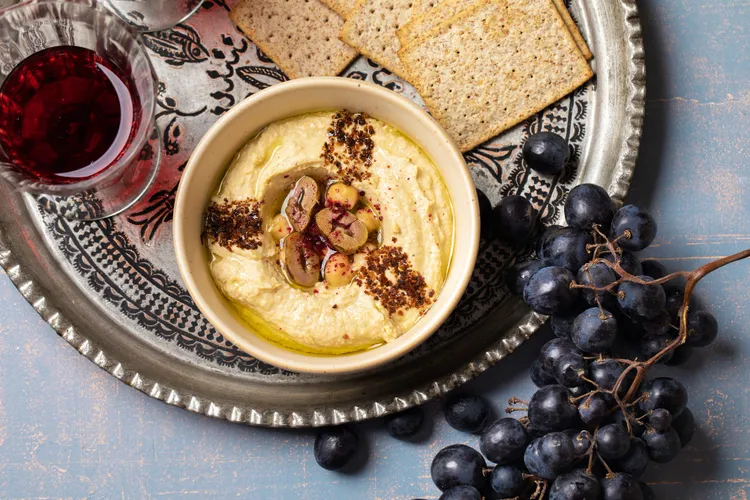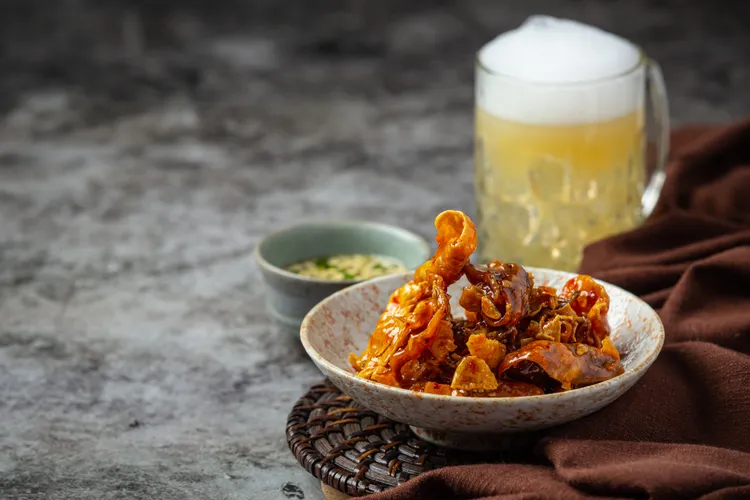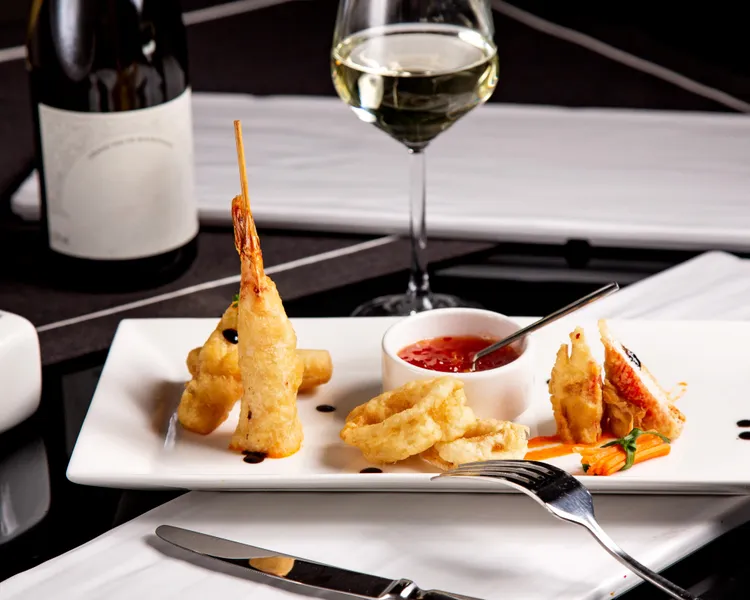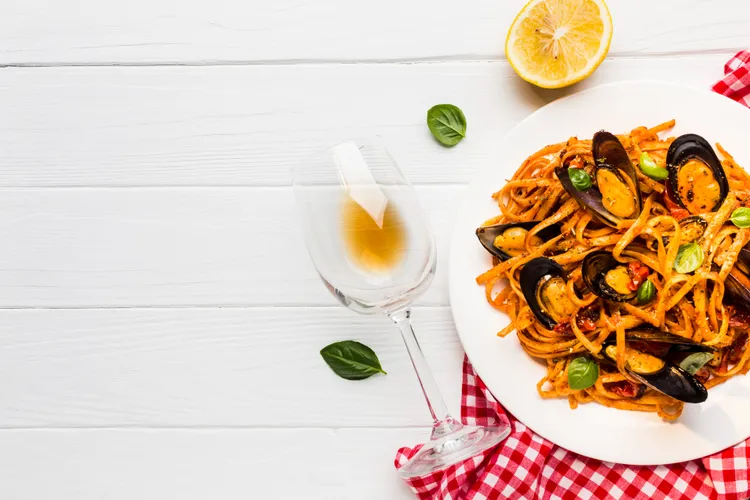Eating as an Act of Meditation: Reconnecting With Food, Body, and Self
In our fast-paced, hyperconnected world, eating has become more of a chore than a cherished ritual. Meals are rushed, eaten on the go, or consumed mindlessly in front of screens. We barely chew, let alone taste. But what if eating could be something more—a portal to presence, a spiritual practice, even an act of meditation? Welcome to the concept of eating as meditation - a transformative approach to nourishment that invites us to slow down, reconnect with our bodies, and embrace the present moment, one bite at a time.

The Ancient Roots of Mindful Eating
Mindful eating isn’t a trend - it has deep roots in spiritual traditions. Buddhist monks, for example, have long treated eating as a meditative experience. In Zen monasteries, meals are consumed in silence, every movement deliberate and sacred. The food is blessed, the hunger acknowledged with gratitude, and each bite is chewed slowly and consciously. The practice is less about the food itself and more about how you eat it.
This sacred approach turns a seemingly mundane activity into a profound ritual. It’s not just about fueling the body - it’s about feeding the soul.
What Does It Mean to Eat Meditatively?
Eating as meditation is not about following a strict set of rules - it’s about cultivating awareness. At its core, it's the art of being fully present with your food, your senses, and your body.
Here’s what eating meditatively might look like:
-
Silence: Turning off distractions - phones, TV, podcasts - and being alone with your food.
-
Gratitude: Offering a moment of thanks, silently or aloud, for the meal in front of you.
-
Engagement of the Senses: Noticing the colors, textures, aromas, and sounds of your meal.
-
Slowness: Eating slowly, chewing thoroughly, and savoring each bite.
-
Presence: Observing how the food feels in your mouth, how it moves through your body, and how it makes you feel emotionally.
This act of slowing down and tuning in transforms a routine experience into a form of moving meditation.
The Psychological Benefits of Eating Mindfully
Modern science is catching up with what ancient wisdom traditions have known for centuries. Studies show that mindful eating can:
1. Reduce Stress and Anxiety
When we eat in a relaxed state, the parasympathetic nervous system (our "rest and digest" system) is activated. Mindful eating grounds us, reducing the anxiety that comes with rushed meals and emotional eating.
2. Improve Digestion
Digestion begins in the mouth. Chewing thoroughly and eating slowly signals to your gut to produce the enzymes and acids necessary to break down food. Mindful eating helps your body absorb more nutrients.
3. Support Healthy Weight Management
Being present while eating allows you to recognize hunger and satiety cues more accurately. You begin to eat enough, rather than too much - not because of restriction, but because you're genuinely in tune with your body.
4. Heal Your Relationship with Food
When we eat with awareness, food is no longer the enemy or a source of guilt. Instead, it becomes nourishment, pleasure, and connection. This is especially powerful for those recovering from disordered eating.
A Step-by-Step Guide to Meditative Eating
Ready to try eating as meditation? Here’s a simple ritual to begin:
1. Create a Sacred Space
Set the table, light a candle, put away your devices. Let your meal feel intentional.
2. Offer Gratitude
Pause for a moment before you eat. Acknowledge the effort, resources, and lives that went into your meal - farmers, animals, the Earth.
3. Engage Your Senses
Look at your food. Smell it. Notice the textures and colors. Anticipate the flavors.
4. Breathe
Take a few deep breaths before your first bite. Let your body settle into the experience.
5. Chew Slowly
Try chewing each bite 20-30 times. Pay attention to how the taste changes, how your body responds.
6. Pause Between Bites
Put your fork down between bites. Let the food settle. Observe how you feel without judgment.
7. Listen to Your Body
Notice when you start to feel full. Observe any emotional reactions that arise - comfort, boredom, guilt, joy. Stay curious.
Eating as a Sacred Dialogue
When we eat meditatively, we shift from doing to being. Eating is no longer just something we do to survive - it becomes a sacred dialogue between our body and the world. Food is no longer separate from our spiritual life. It becomes an expression of it.
Imagine a world where every meal is a chance to come home to yourself. Where food isn’t rushed, but respected. Where nourishment is both physical and spiritual.
That world starts with a single bite.
Going Deeper: Integrating Mindful Eating Into Daily Life
While eating meditatively might sound luxurious or unrealistic in a busy life, it doesn't require a monastery or a mountain retreat. You can begin right where you are. Here’s how to integrate it into real life:
-
Start with one meal per day. Maybe it’s breakfast - sit down with your tea and toast and really experience them.
-
Practice “silent first bites.” The first three bites of any meal can be eaten in silence and awareness, even if the rest is shared with others.
-
Eat one meal a week alone, without distractions. Use this time to reconnect with yourself.
-
Turn snacking into a sacred pause. Even a piece of chocolate can be a meditation if you let it melt slowly and savor it.
Food as a Portal to the Present
Food is one of our most intimate relationships. It is a daily ritual of receiving, transforming, and letting go. When we eat mindfully, food becomes a mirror. It reflects our habits, emotions, wounds, and desires - but also our joy, gratitude, and capacity for presence.
Meditative eating isn't about perfection or purity. It's about connection. It's about waking up. It’s about remembering that this body, this breath, this moment… are sacred.
So today, let your next meal be your meditation. Not because you should, but because you can.
One breath. One bite. One moment at a time.
May your food nourish not only your body, but also your awareness.









